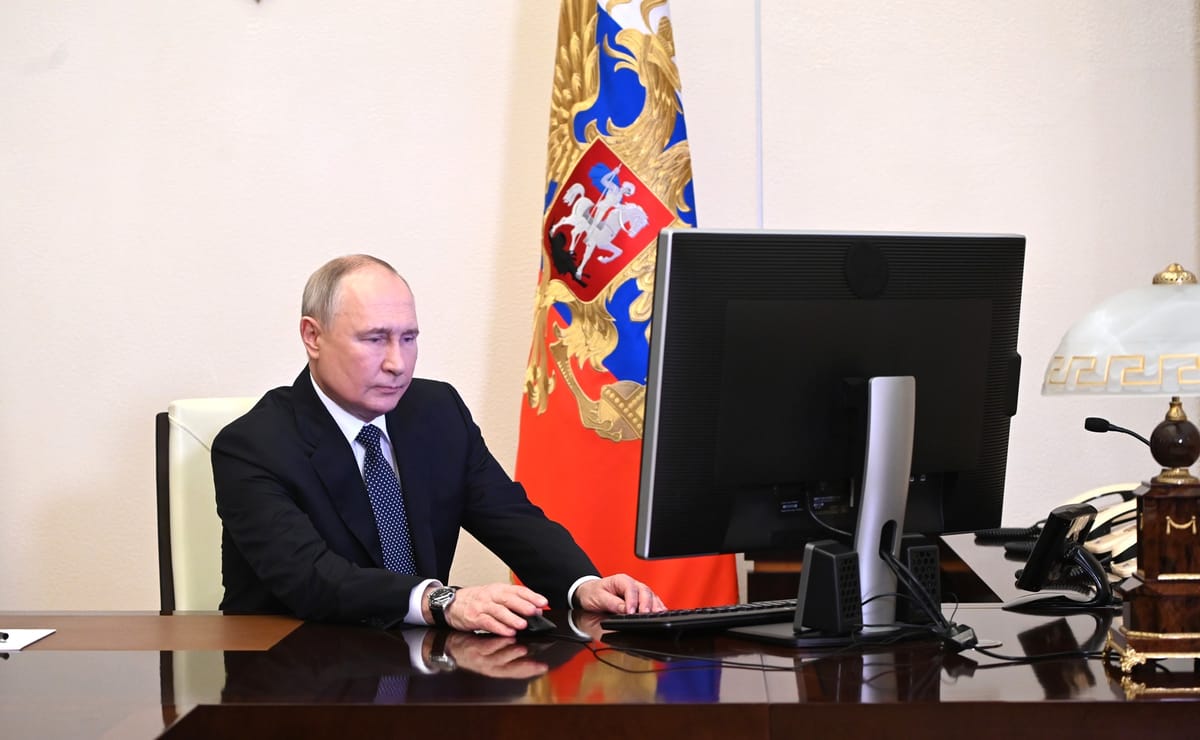This Week in Politics

Russian Presidential Election
Despite the results being incredibly predictable, with Mr Putin winning re-election with nearly 90% of the votes according to the Russian election authorities, it is still an instrumental formality. The President of Russia leads one of the global powers; a nation with a gigantic nuclear arsenal, a major population, a vital geographical position, a country at war and so much more. Mr Putin's 6-year term will shape the Russian way of life in many aspects and is therefore important. Looking at the election itself the fairness and tally should be deeply questioned. Nobody wins by these margins without interference. The continued reign of Vladimir Putin furthers the message that Russia is no democracy and is currently nothing more than the personal property of one Mr Putin, in his view. Moreover, the election showcases the willingness of the Kremlin to falsify results and should not be seen as anything more than a bureaucratic procedure.
Leo Varadkar to Step Down
The Irish Taoiseach (leader of Ireland), Leo Varadkar, has stated his intent to step down as soon as a replacement is found. This includes his role as leader for the centre-right Fine Gael. Mr Varadkar cited "personal and political reasons" as the reason for his departure. He worked greatly toward changing Ireland with constitutional referendums about questions such as legalising same-sex marriage and abortion. The Taoiseach said his government has achieved much such as employment and prosperity, however, also fallen short on other issues, and he did not clarify what. Fine Gael has been on the decline in the parliamentary elections since 2016 largely due to the diversified state of Irish politics, perhaps mainly due to the rise of Sinn Féin. The next leader will hold the difficult task of reversing this trend. Furthermore, the coalition partner Fianna Fáil has seen their seat share crumble since 2002. The next general election is less than a year away and the question is if the leftist movements can unite and if so be stopped by Fine Gael and Fianna Fáil.
Cracks within the GOP
Marjorie Taylor Greene of Georgia has reportedly filed a motion to dethrone fellow Republican Mike Johnson from the speakership. The motion reflects growing unrest from the right of the GOP especially about the willingness to compromise with Democrats. Compromising being too liberal for these voices. If Ms Greene is successful in her takedown the Republicans will be hampered due to their instability which will be ruthlessly exploited by blue strategists. Considering the slim margins of the Republican majority Ms Greene does not require much support, in fact only she alongside 2 other Republicans and the Democrats needed to oust Mr Johnson. Kevin McCarthy's downfall was due to the cooperation with the Democrats, the current speaker is hoping for a different result. The ousting would hurt the GOP and is therefore unlikely to happen, instead, this may be a play from the right wing of the party to leverage Mr Johnson's need for them. Perhaps under this pressure, the speaker will manage to organise the Republican Party into a coherent voting bloc, though that too is unlikely. Just the threat from Marjorie Taylor Greene should be taken seriously when the margins are such that they are.



